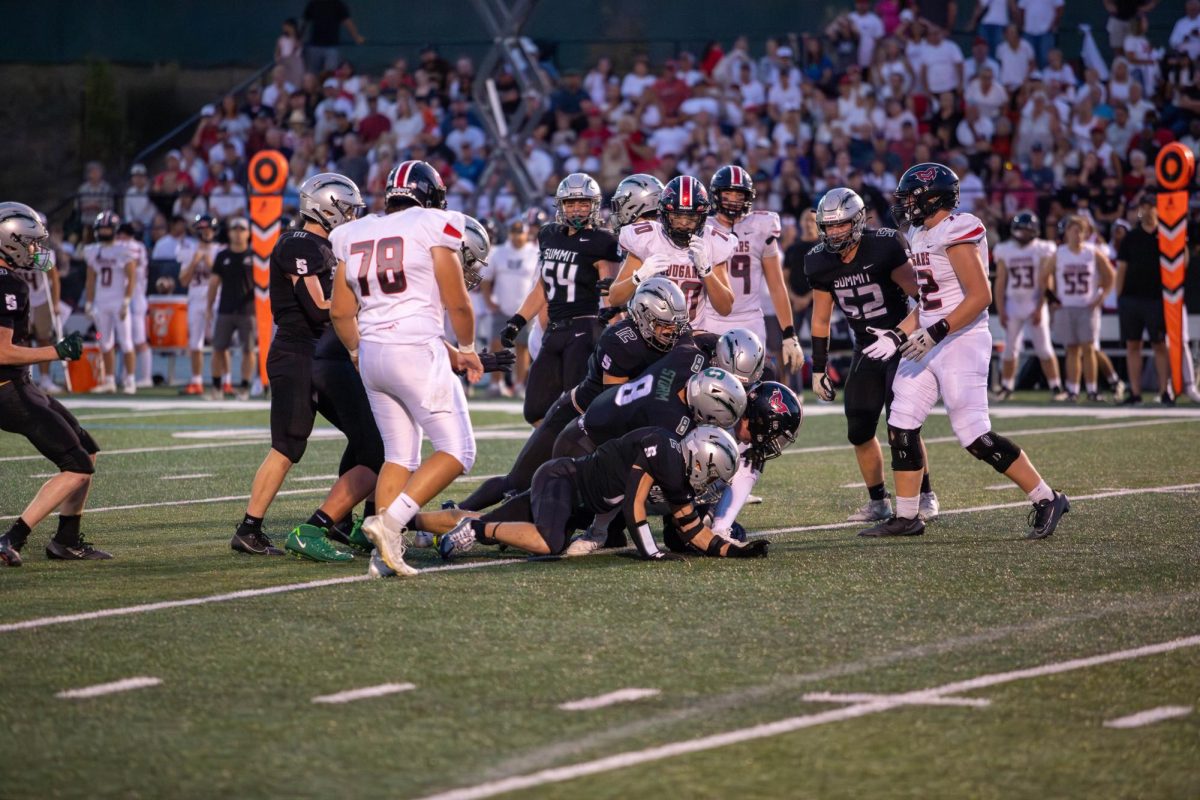Confusion, prancing around in my head like a certain orange-looking and surprisingly well-mannered Oompa Loompa, taunted me and lured my mind in circles as I attempted to apply for an internship. He shouted questions into my vast and empty brain, like ‘How should I start?’ and ‘What should it be about?’
The first step was writing a cover letter: a written piece that outlines the applicant’s accomplishments and interest, typically submitted alongside an application. Indeed was an excellent resource, supplying a straightforward overview of what a cover letter needs and examples of application letters for almost any job you’re looking for.
Although only some jobs or internships require cover letters for applications, resumes are almost always required. Working with Jeff Rankin from the Future Center to create my resume, I mainly followed the steps Resume Genius had to offer, creating a simple and readable resume in less than an hour. After creating the resume, Resume Genius offers the pdf to you in exchange for money. Being a well-known cheapskate, however, I simply decided to screenshot the resumes I liked the best and crop the images.
In total, I spent about two and a half hours creating a resume, writing my cover letter, and mustering up the courage to hit ‘apply.’ After feeling dizzy with post-decision regret, I pondered on if getting the internship would even be worth it.
“If a company is looking to hire somebody out of college, it helps to have that internship experience,” Rankin said, adding that internships are a great way to get a foothold within a potential career path. Companies like having people who know more than nothing, and internships are proof that you’ve been introduced to the field already.
“Internships can often help you consider which part of an industry to specialize in,” Mike Dalley writes in Pros and Cons of Internships. Internships are a great way to dive into a potential career and to see what it would be like to work in that field. Even if you aren’t sure about your career path, internships offer opportunities to learn what fits you best.
“There are cons of getting an internship if you happen to hook up with a company that isn’t as intent on training you or instructing you, versus just having another employee,” Rankin said. Some internships are the ones portrayed in movies like “Pitch Perfect 2,” all grunt work and a low-ranking, sometimes non-paying job. Although if the degrading grunt work is worth it to get the internship onto your resume, then you should at least apply.
“There are often costs associated with meals and work clothes, which companies seldom cover,” Pros and Cons of Internships said. Companies can cause you to move, travel and buy uniforms during an internship, meaning you could be losing more money than you’re making. While most companies aren’t willing to pay for these things, especially for an intern, you might get lucky.
Internships are a great opportunity to immerse yourself in different fields, but there are downsides to them. However, if you’re willing to push through them, the internship will be worth it. In general, getting experience in a work environment is valuable to not just a resume, but for future jobs or careers. It gives you practice working with others in the same position as you, and a window into your potential future.


































Anonymous • Feb 16, 2024 at 11:46 pm
“Unpaid internship” also known as “how much are you willing to be a slave in exchange for the *chance* of a better job in the future”